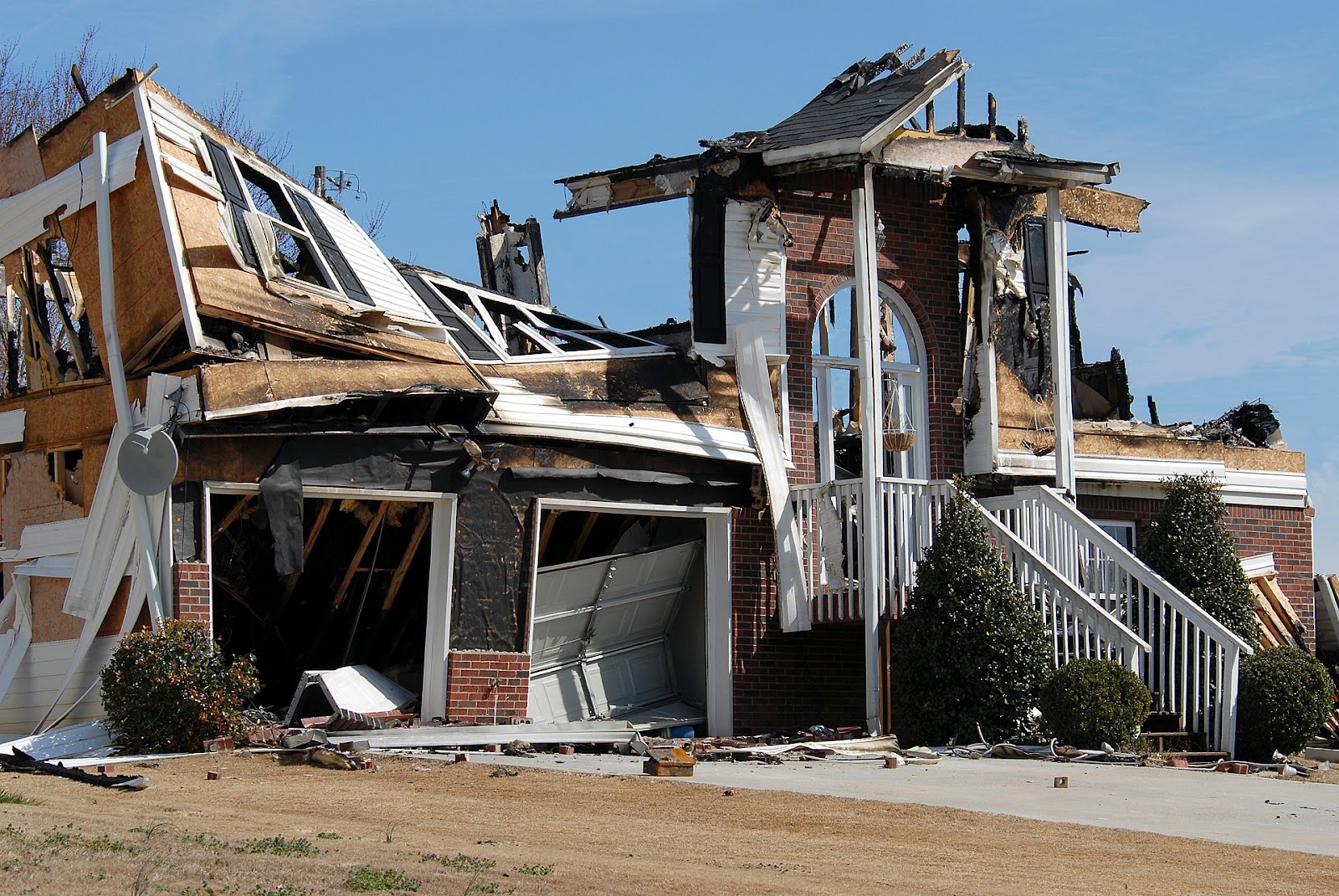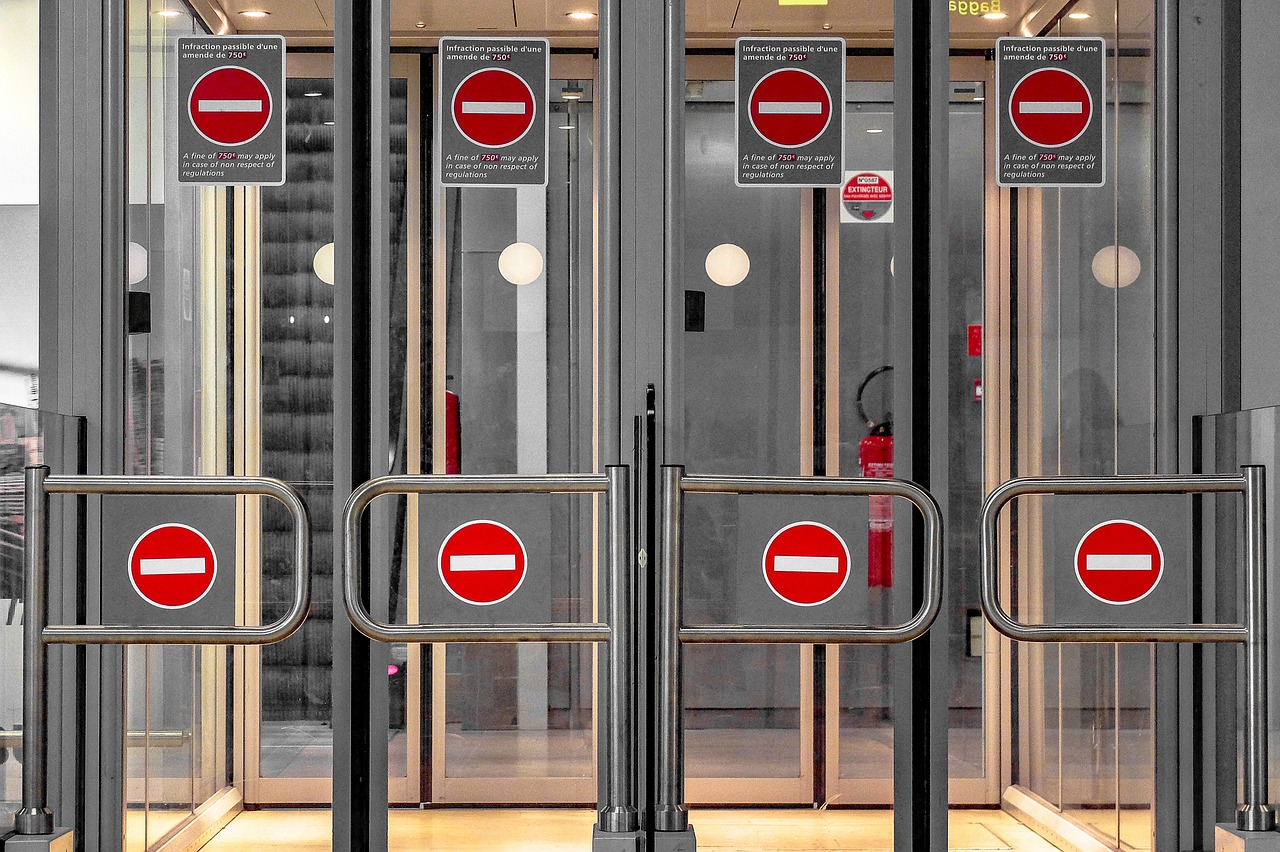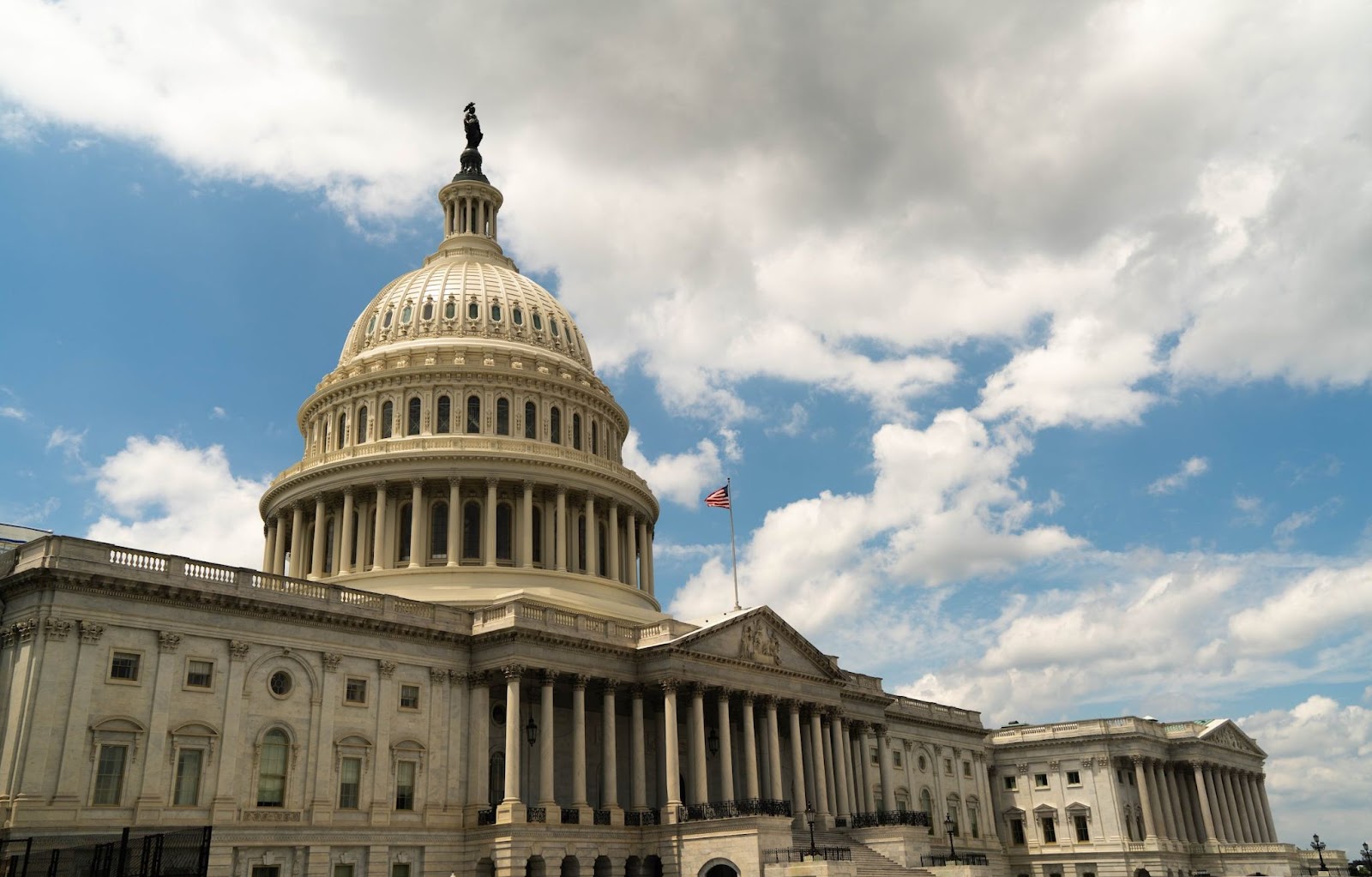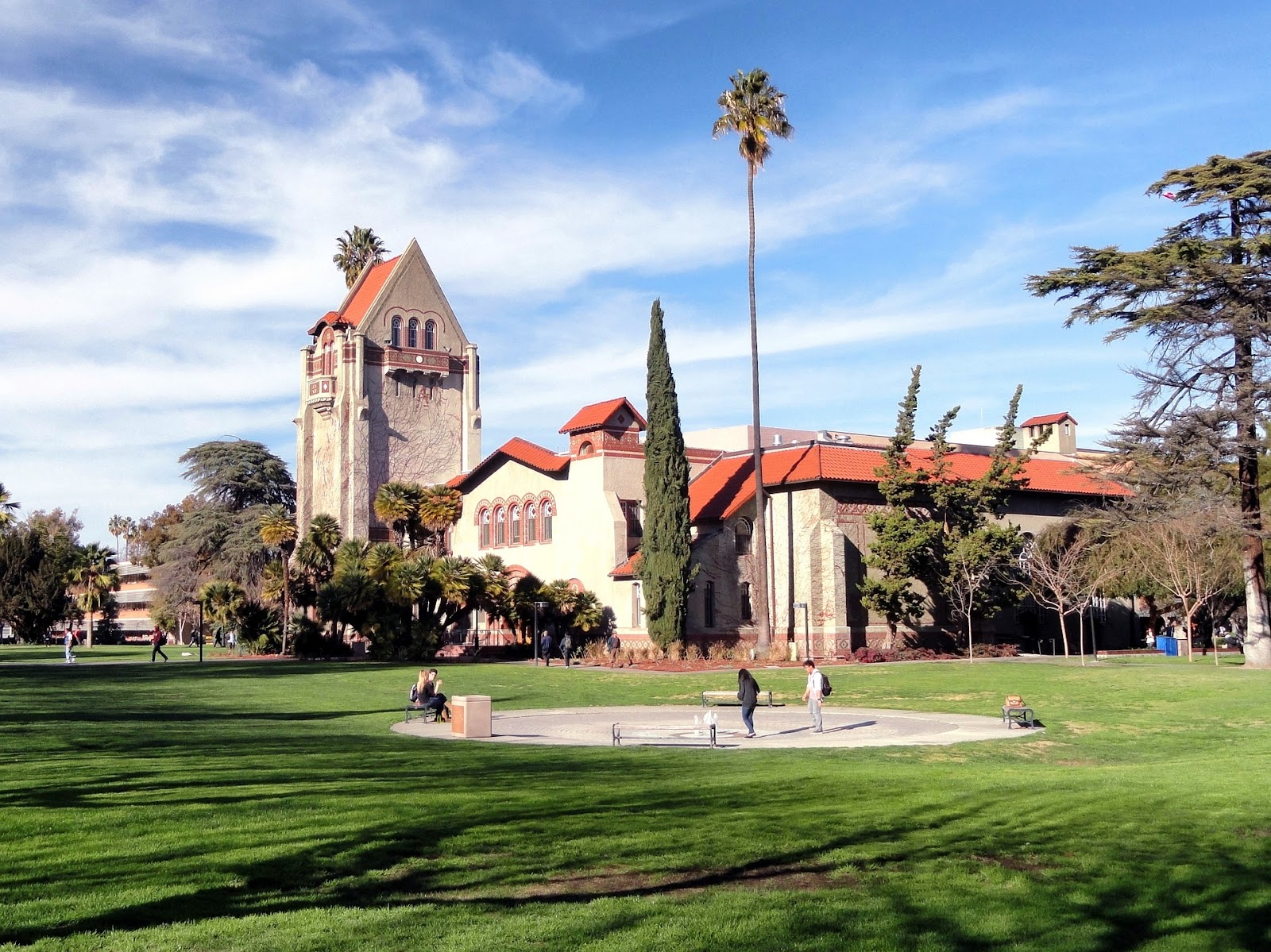California Governor Gavin Newsom is championing a new proposition that will appear on the ballot in March. Proposition 1 is aimed at restructuring funding to funnel more mental health money toward housing. State officials are divided on whether the bill will curb California’s homelessness crisis.
The bill asks voters to green-light a $6.4 billion bond for treatment beds and housing units catering to those with mental illnesses and addictions. Prop. 1 would fund 6,800 beds in rehabilitation facilities for mental illness and addiction and create 4,350 new homes for people who need mental illness and addiction services. 2,350 of these would be reserved for veterans. The bill would require California counties to allocate 30% of their Mental Health Services Act funds to housing, including rental subsidies and new construction. Those funds come from taxing California’s billionaires and are expected to raise about $1 billion annually. The homes constructed as part of Prop. 1 would target the homeless who are most visible and hardest to help; however, the majority of California’s homeless population does not fit that description.
“It will be great for those individuals, but still leaves almost 98% outside or in shelters,” said Bob Erlenbusch, executive director of the Sacramento Regional Coalition to End Homelessness. The estimated homeless population in California exceeds 180,000, meaning 6,800 new beds would barely make an impact. Proposition 1 is not designed to help the state’s entire homeless population, and those who work in the housing space are not convinced the restructuring of funding will help anyone at all. The most the bill will do is show the public that the government is trying to reduce the homelessness crisis by getting the most visible and disruptive sector of unhoused people off the streets.
“We’re at a point where voters need this,” said Christopher Martin, policy director for Housing California. “Voters are feeling fatigued on housing and they need to see some progress, and I think we need to demonstrate that.” Senator Susan Talamantes Eggman, a Democrat from Stockton whose bill reforming the Mental Health Services Act became the foundation for Prop. 1, agreed. “We can’t just see people as a problem,” she said. “You have to see people as people and (ask) how do we do our best to help those who need it the most?”
Others do not feel the same. Susan Ellenberg, president of the Santa Clara County Board of Supervisors, feels that the bill is superficial, and may actually exacerbate homelessness in the long term. “In terms of addressing homelessness, we need more housing, period,” she said. “And I worry that when people’s expectations are conflating, they’re disappointed and feel that problems aren’t being solved even though so much money is going out the door.” Ellenberg asserted that reallocating funds meant for mental health services to housing will leave less funds for homelessness prevention and early mental health interventions. Not funding these services that stop people from becoming unhoused in the first place could lead to more people on the streets.
Christopher Martin noted that everyone should temper their expectations. “It’s certainly a step in the right direction,” he said. “But it’s not everything.”











































































































































































